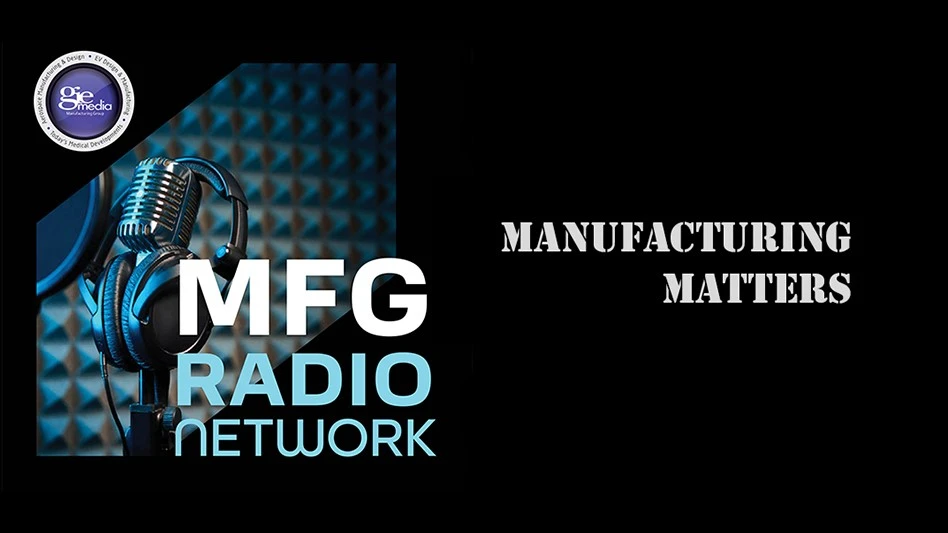
Uncrewed military systems represent a significant trend in modern warfare. From autonomous ground vehicles for bomb disposal and reconnaissance to drones for airstrikes and high-altitude surveillance, these uncrewed platforms offer mission flexibility and effectiveness while keeping personnel away from harm.
Energy sources for uncrewed platforms
Electrical systems are increasingly favored for uncrewed military platforms, especially in short-range or light payload tasks, providing higher reliability and zero greenhouse gas emissions. Batteries are also in higher demand, with varying chemistries including lead-acid, nickel-cadmium, nickel metal hydride, alkaline, lithium polymer, and lithium-ion.
In military drone applications, rechargeable batteries supply DC power directly to the motors. DC-DC converters play a vital role in regulating voltage levels for systems such as the motor speed controller, flight/drive controls and communication modules, and auxiliary systems. Converters are essential links in the chain of the performance of UAVs, with their performance directly influencing all aspects of the vehicle’s operation.

Power management considerations
The specific requirements of each propulsion system affect the design and implementation of power conversion systems – DC-DC for batteries systems and AC-DC for generators driven by diesel or jet engines. These systems pose power challenges that must be addressed across land, sea, air, and ground platforms, requiring engineers to be innovative and resourceful when designing power solutions.
Uncrewed platforms are typically smaller than crewed platforms due to the lack of life-support systems. Their smaller size allows for increased stealth, mobility, and agility. However, this also creates space limitations, compounded by the need for additional onboard systems such as sensors and communication equipment. These constraints require power management solutions to be as small and light as possible, requiring careful consideration at the design stage.
Uncrewed platforms may require power for propulsion systems, communication systems, and sensor operation, making managing and distributing power efficiently, reliably, and safely more difficult. Uncrewed platforms also often need higher levels of autonomy and redundancy in power systems to guarantee continued operation in remote or hostile environments, adding complexity to the power management architecture. The noise profile is also important – phonic noise and electronic noise can disturb radio, sensors, and more. Ultimately, power management systems must be elegant yet rugged and resilient to meet these requirements while maintaining optimal performance.
The role of global standards
In the 4W to 500W power range, DC-DC converters are crucial in efficient power management for communication platforms, sensor networks, avionics and flight control, and environmental control. Global standards provide guardrails for designing and manufacturing DC-DC converters for uncrewed military platforms, with stringent requirements for input voltage, electromagnetic interference, environmental conditions, and thermal management.
Many programs are covered by standards that overlap with crewed vehicles, such as Military Standard (MIL-STD). These have been created to ensure products in military applications meet rigorous standards for reliability, performance, and interoperability.
Other standards specific to civilian aircraft and UAVs include RTCA DO-160G, focusing on operational shocks and crash safety; and SAE ARP4754A covering guidelines for airborne electronic hardware design including material and environmental considerations.
Standards may also be set by individual military branches or agencies, such as NATO Standardization Agreements (STANAGs) or specific program-level requirements. Ultimately, the component supplier must conduct case-by-case research on the standards and requirements for the uncrewed platforms, directly contacting the national program office or prime contractor responsible for detailed information about the exact requirements and approval process.
Innovation in DC-DC & AC-DC converters

Companies such as Gaia Converter have many years of experience in designing and building high-reliability DC-DC and AC-DC converters and power systems that satisfy military and aerospace applications, factoring in size, power, temperature, weight, cost, compliance, scalability, and modularity. These products meet the requirements of military applications for input buses, EMI/RFI compatibility, and severe environments with extended operating temperatures from -40°C to 105°C (-55°C optional). Many rugged and reliable components are suitable for uncrewed applications, depending on program requirements.
As global interest in uncrewed military systems grows, demand for reliable power solutions becomes critical. However, military environments demand DC-DC power modules meet requirements related to size, power, temperature, weight, cost, and compliance. GAIA Converter can design and build DC-DC converters for almost any application, enhancing scalability, modularity, and faster speed-to-market on future uncrewed platforms.
GAIA Converter www.gaia-converter.com
WANT MORE?
Enter your email to receive our newsletters.

Explore the August/September 2024 Issue
Check out more from this issue and find your next story to read.
Latest from Defense and Munitions
- Saab receives order for additional Live Training equipment from U.S. Marine Corps
- BAE Systems secures contract for naval gun to support the Colombian Navy
- James Cropper's EMITEC tunable conductive nonwoven solution
- #41 Lunch + Learn Podcast - SMW Autoblok
- Elbit America provides image intensification tubes for U.S. Army night vision devices
- BlueHalo conducts successful test launch of FE-1 next-gen C-UAS missile
- D-Fend Solutions' EnforceAir2 for counter-drone operations
- Arnold Magnetic Technologies prepares for DFARS compliance updates





